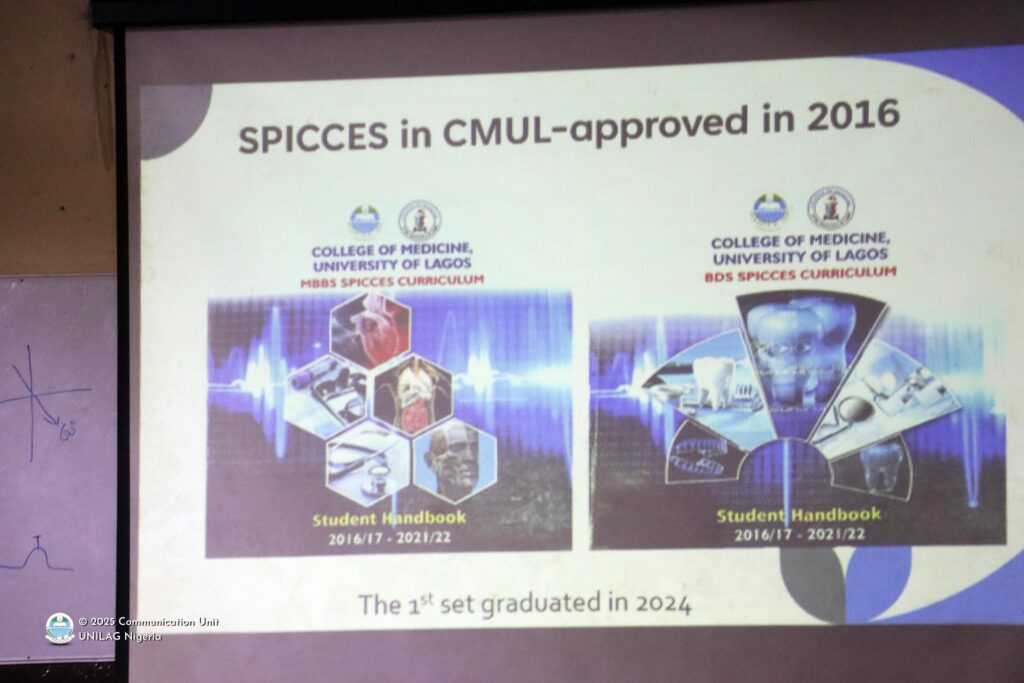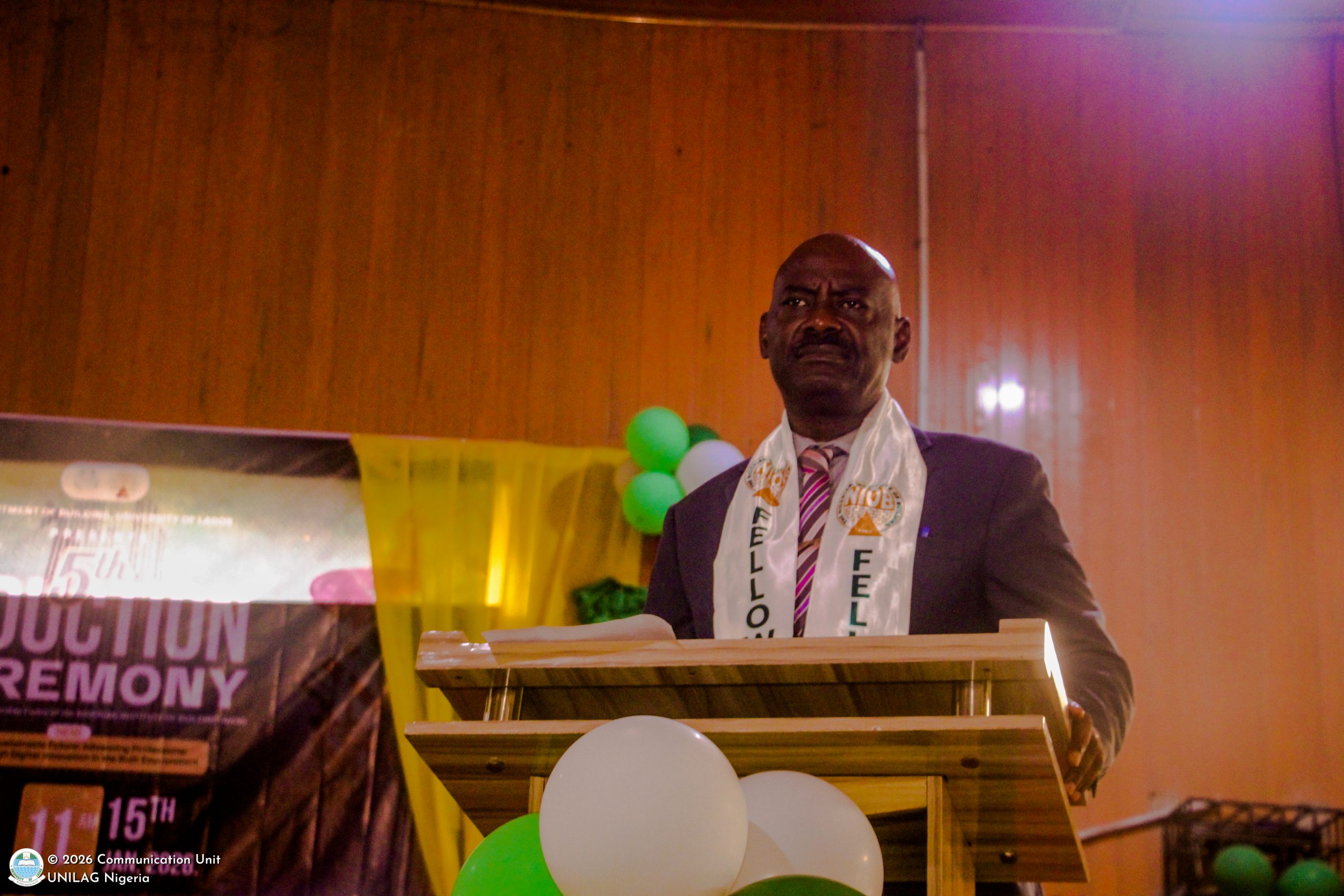As part of efforts to equip medical educators with modern, student-centered teaching and assessment strategies, the Medical Education Development Unit (MEDU) of the College of Medicine, University of Lagos (CMUL) has organized a capacity-building seminar for academic staff of the College.
The training which was held on Monday, July 28, 2025, at the Old Great Hall, focused on promoting active learning and aligning teaching practices with the newly adopted Core Curriculum and Minimum Academic Standards (CCMAS). The programme emphasized the evolving role of lecturers in medical and dental education, highlighting the importance of transforming students from passive recipients of knowledge into active participants in the learning process.
Leadership Commitment to Pedagogical Excellence
Deputy Provost, Professor Daniel Odebiyi, who delivered the keynote address on behalf of the Provost, Professor Ademola Oremosu, traced the educational evolution of CMUL. He noted that “since 2015, CMUL has implemented the SPICCES curriculum, a Student-centered, Problem-based, Integrated, Competency-driven, Community-based, Elective and Systematic model, which underscores modern principles of medical education”.
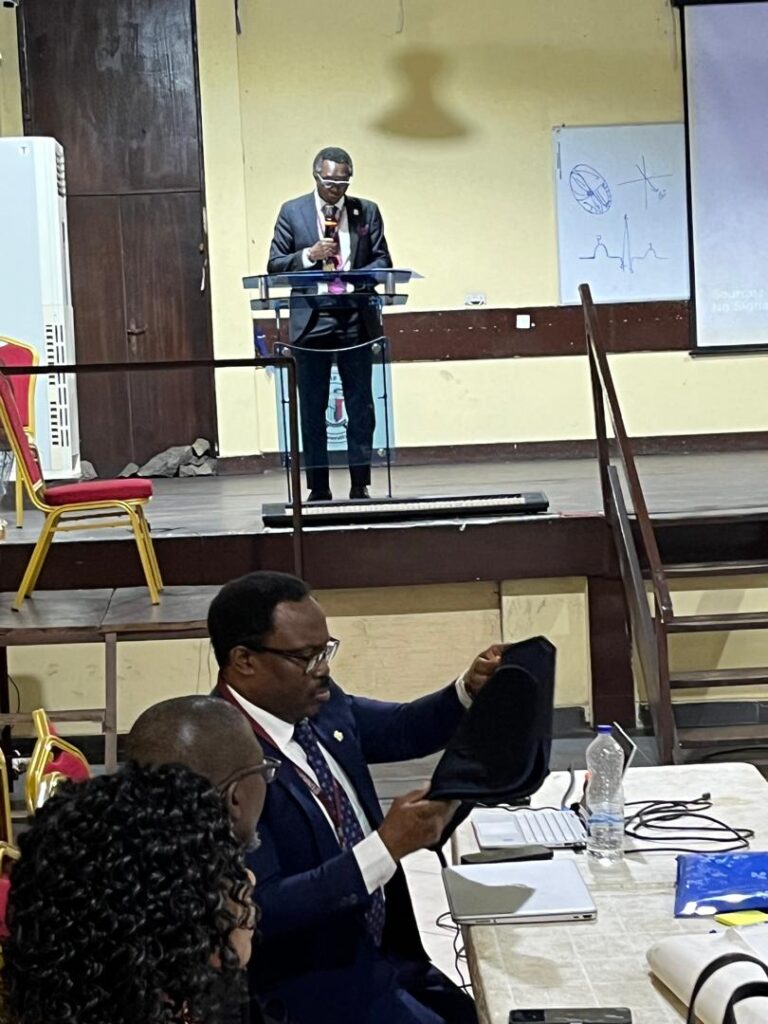
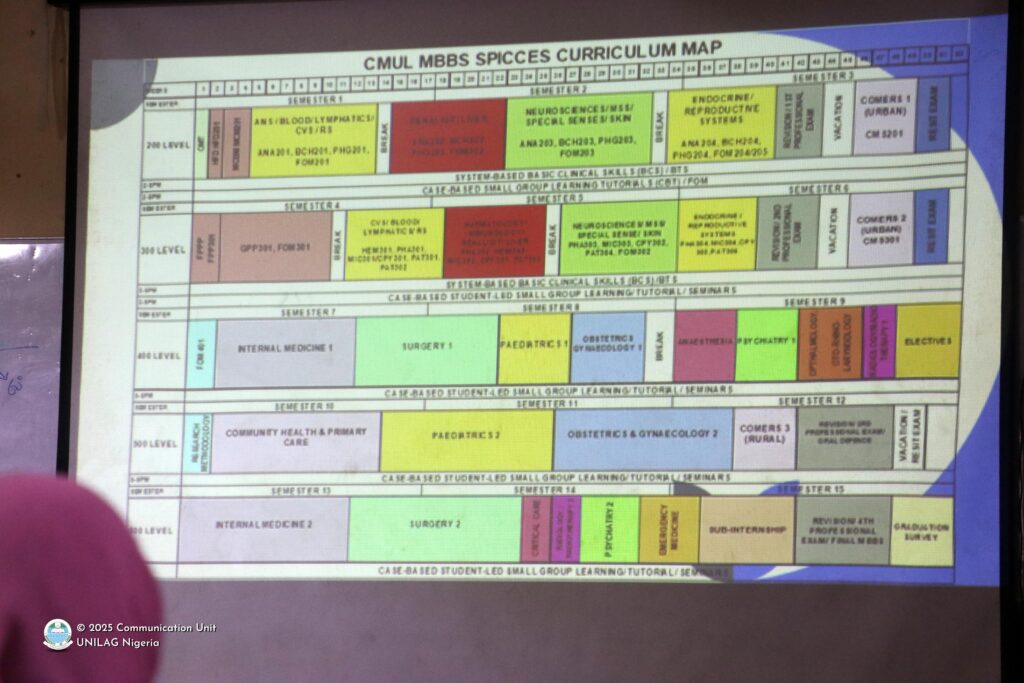
He acknowledged the National Universities Commission (NUC), under the leadership of Professor Abubakar Adamu Rasheed, for introducing the discipline-wide CCMAS, which necessitated a fresh pedagogical approach by medical educators across the country.
He explained that the new teaching approach demands a shift in philosophy, from content delivery to facilitation, thus placing the student at the center of the learning journey. He outlined globally recognized yet locally adaptable teaching methodologies, including: Problem-Based Learning (PBL), Team-Based Learning (TBL), Case-Based Discussions (CBD), Simulated Patient Interactions, Reflective Practice and Feedback, and Technology-Enhanced Learning Tools.
His words, “These tools are not only relevant globally; they are contextually adaptable to our unique environment. They will open new possibilities for student engagement, deeper learning, and medical advancement,” he said.
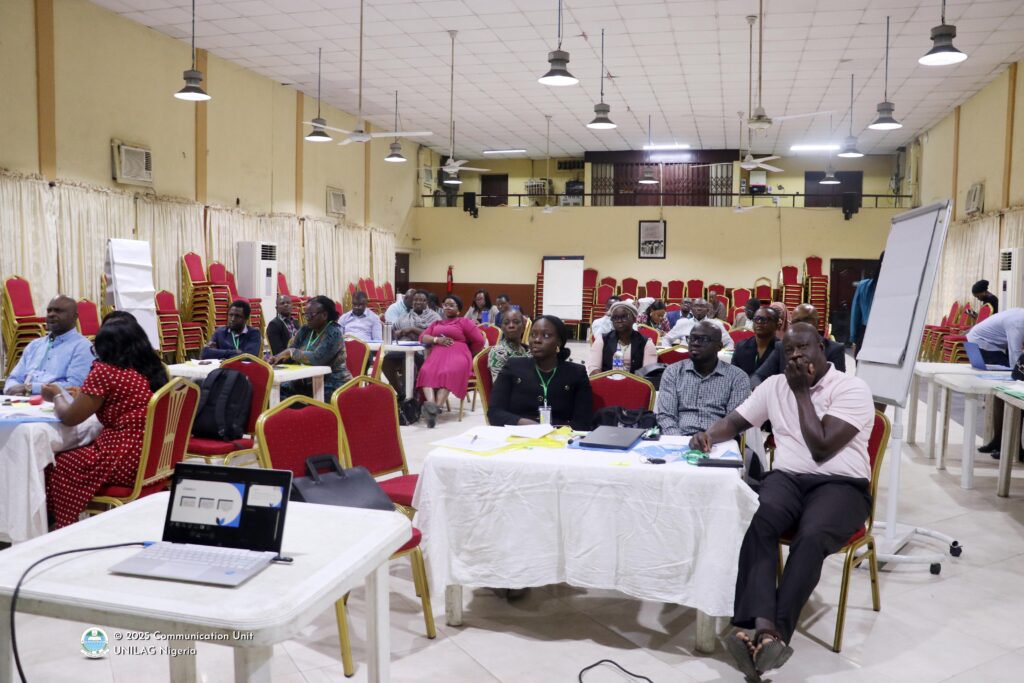
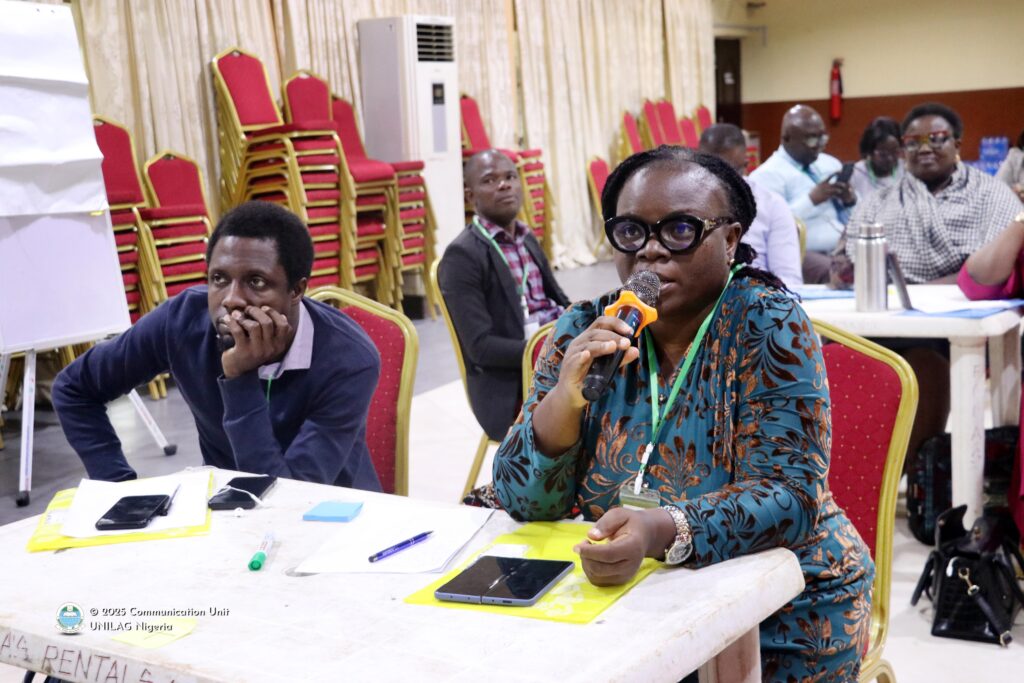
Professor Odebiyi praised the Director of MEDU, CMUL (who is also the Dean of the Faculty of Basic Clinical Sciences) Professor Fatima Biade Abdulkareem, for her leadership and innovative contributions such as the capacity building seminar to medical education at CMUL.
He added that “This seminar is not just about training, it is a transformative experience. As medical educators, you are custodians of a sacred responsibility: nurturing the minds and hearts of those who will heal the sick, relieve pain, conduct groundbreaking research, and lead our health systems, both locally and globally.”
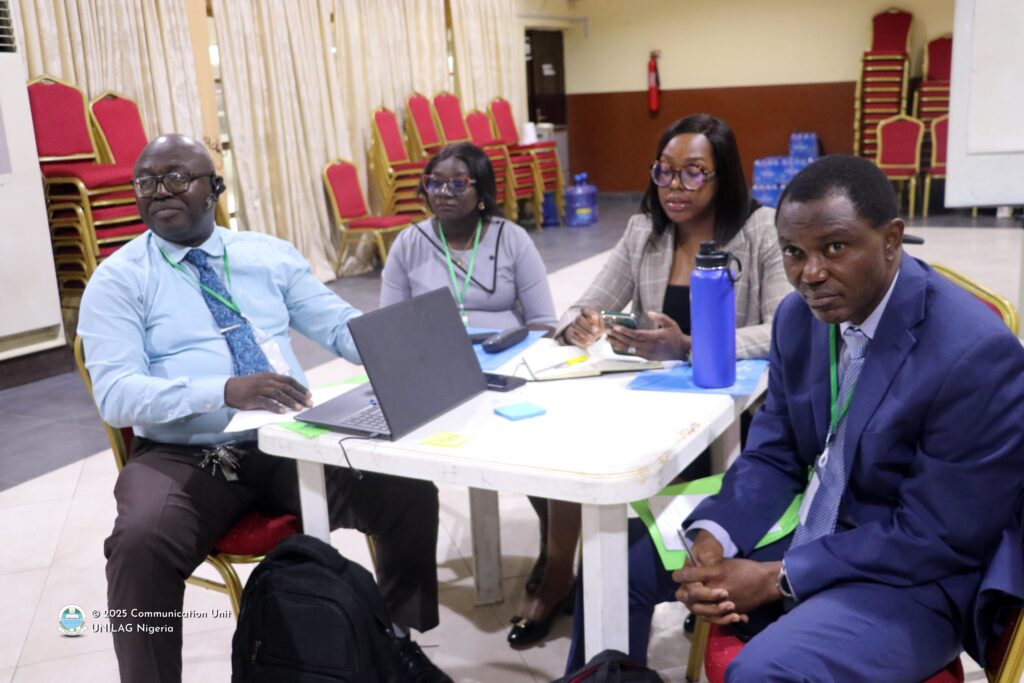
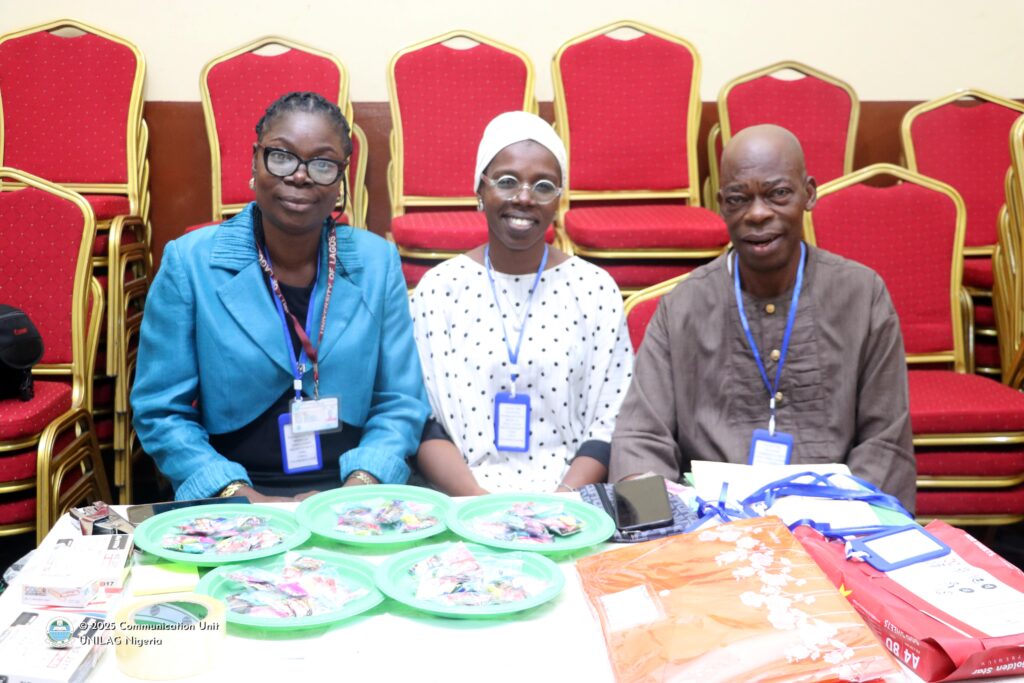
Driving Curriculum Transformation through Faculty Development
In her presentation, Professor Fatima Biade Abdulkareem provided an in-depth overview of the CCMAS philosophy and structure. She outlined the differences between the revised and previous curricula, with a strong emphasis on outcomes-based education, domains of learning, and graduate attributes.
“Transformative teaching begins with curriculum alignment,” she stated. “While CCMAS provides the structure and outcomes, SPICCES offers a practical framework for implementation, one that supports lifelong learning, critical thinking, and professional adaptability.”
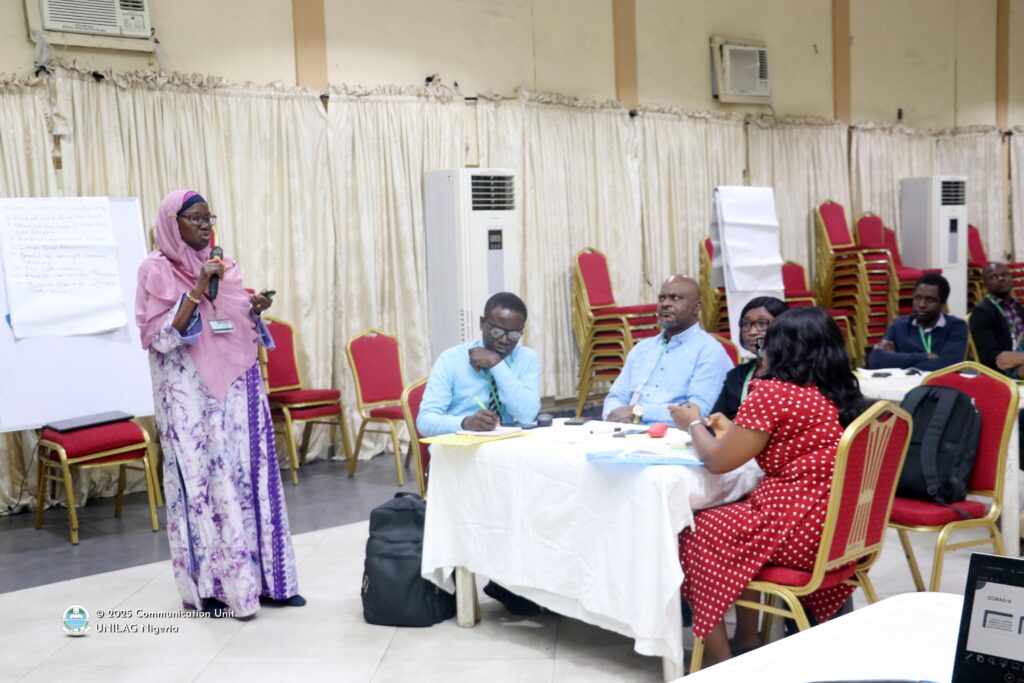
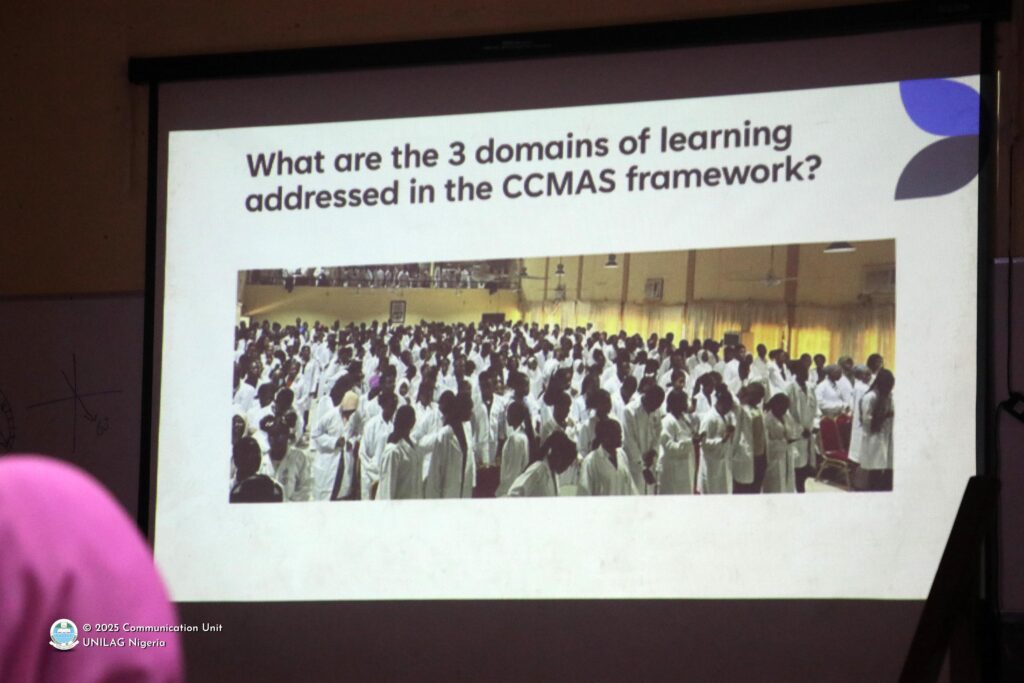
She stressed the central role of faculty in sustaining the vision of medical education reform, adding that change will take time, but progress will be made “one lecture and one student interaction at a time.”
The seminar reaffirms CMUL’s commitment to fostering excellence in teaching and learning through innovation, collaboration, and strategic alignment with national and global best practices in medical education.
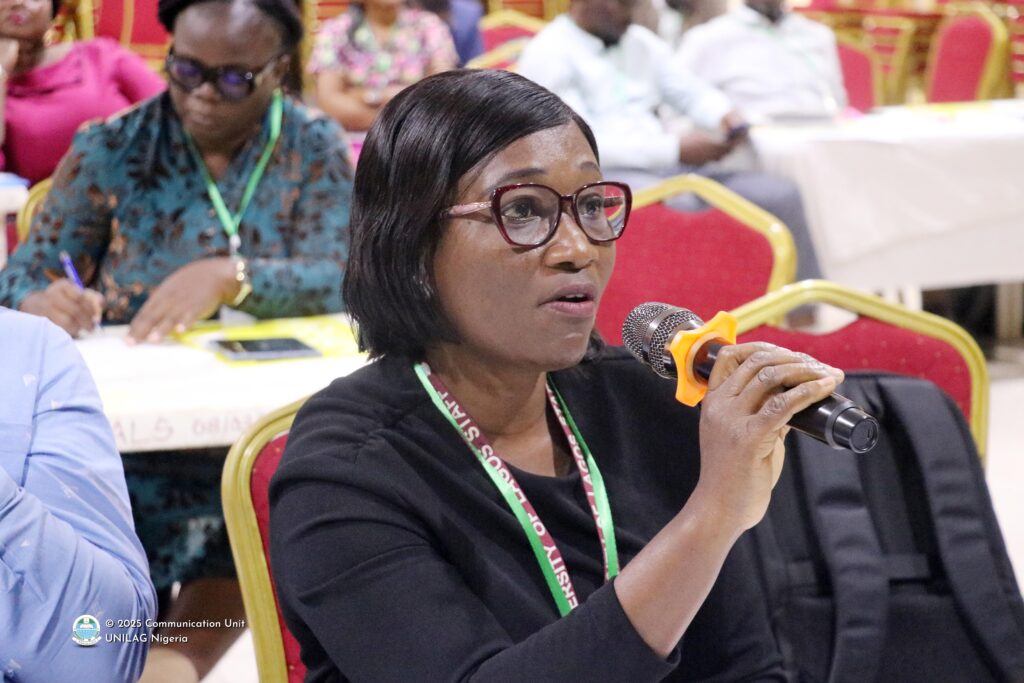
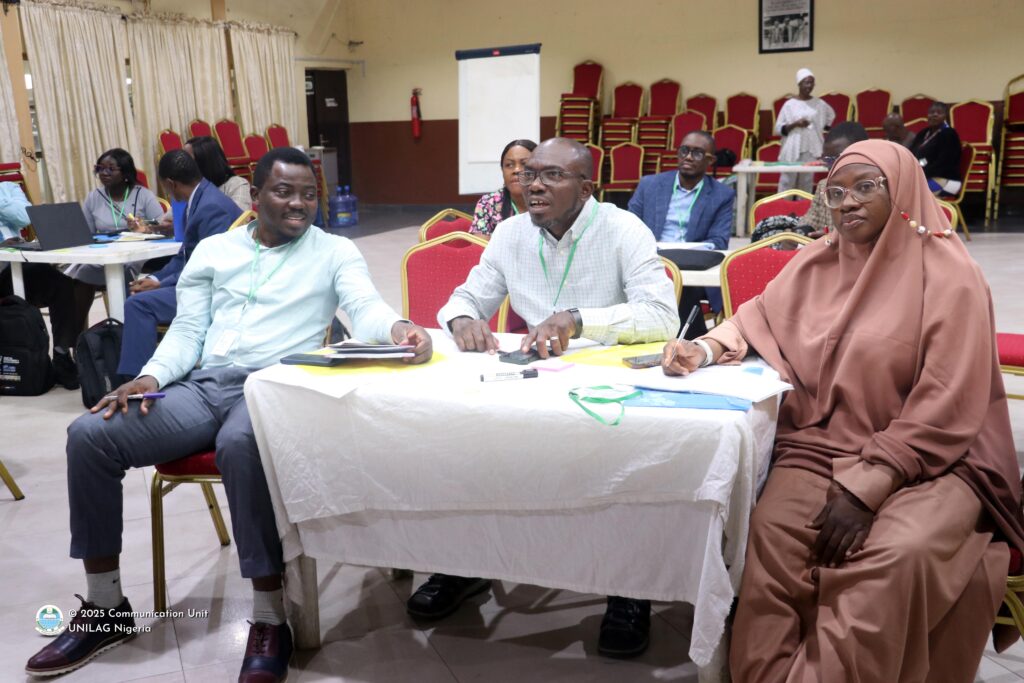
Report: Akinola Afolabi
Photography: Islamiat Akanni

